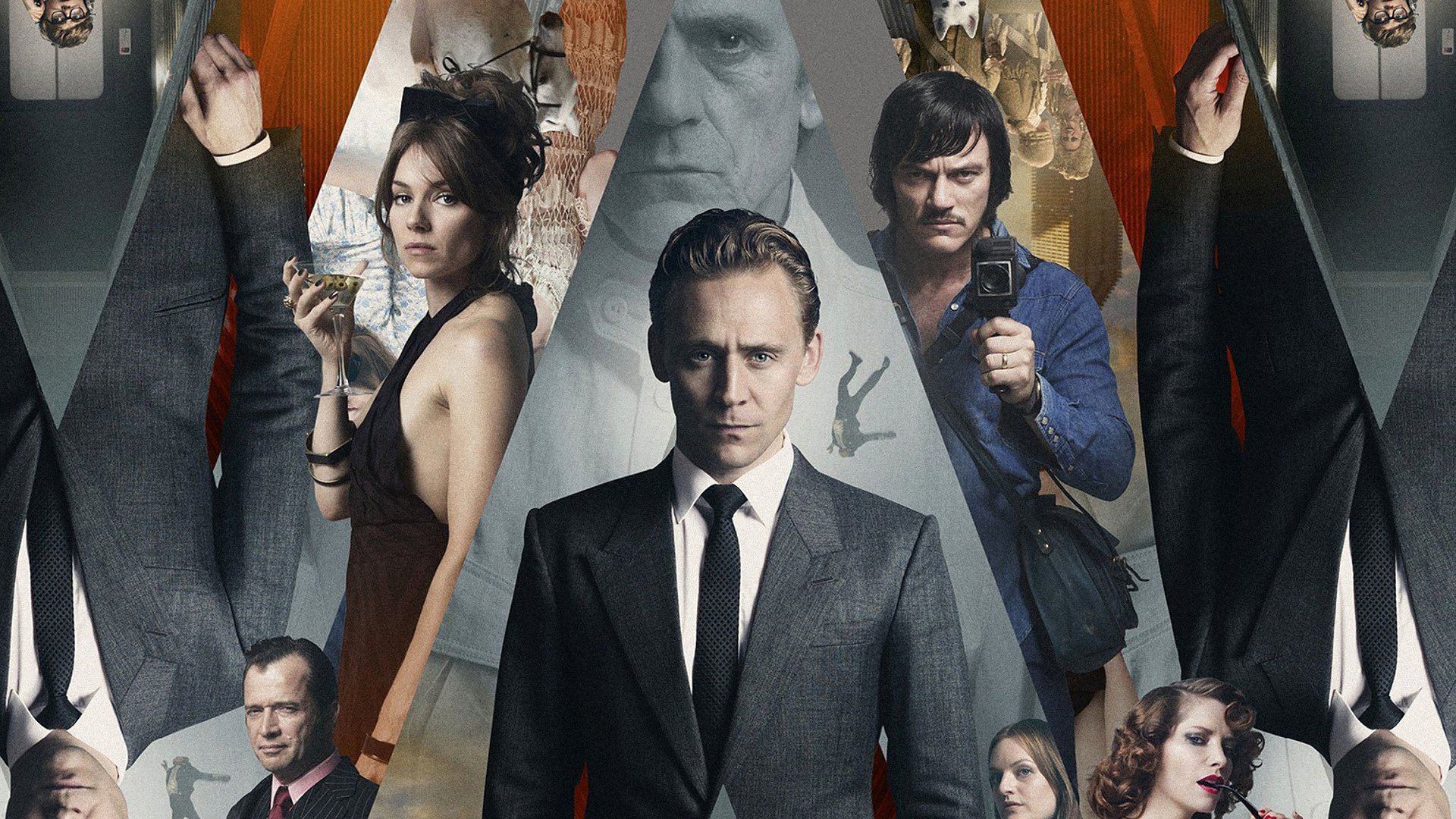High-Rise
by Hope Madden
Set inside a skyscraper in a gloriously retro London, Ben Wheatley’s adaptation of J.G. Ballard’s High-Rise is a dystopia full of misanthropic humor.
Laing (Tom Hiddleston) narrates his own story of life inside the “grand social experiment” – a high rise where the higher the floor, the higher the tenant’s social status. Laing lives keenly alone, somewhere in the middle floors. Socialite Charlotte (a fantastic Sienna Miller) lives one floor above; put upon wife and philandering husband Helen and Wilder (Elizabeth Moss and Luke Evans, respectively) live near the bottom. And at the tippy top, The Architect (Jeremy Irons, magnificent as always).
The film treads some of the same ground as Fritz Lang’s Metropolis, only Ballard’s feelings were less respectful of the lowly. The author’s interest was always in peeling that last layer that separates civility from savagery in every member of every class. No one is blameless, no one is incorruptible. It can make his material difficult because no character is entirely sympathetic, which is certainly the case in High-Rise.
Our protagonist holds himself at a distance from all tenants, seeing himself as that singular soul that can fit almost anonymously within every strata, when, in fact, he fits nowhere. And as chaos descends and carnality and carnage, it’s very hard to decide whether anyone is worth rooting for.
The film brings to mind David Cronenberg’s gem, Shivers. The Canadian auteur’s first film saw a high end high rise taken down from within by a parasite that turned its victims into voracious pleasure seekers. Always the Ballard enthusiast (Cronenberg adapted the author’s Crash into a chilly NC-17 adaptation in 1996), the filmmaker’s 1975 flick eerily predicted the British cult novelist’s plot of the same year.
High-Rise’s performances range from slyly understated (Hiddleston, Moss) to powerful (Miller, Evans) to alarmingly hammy (James Purefoy), but each contributes entertainingly to this particular brand of dystopia.
Ballard’s prose is tough to bring to life on the big screen. While Cronenberg’s 1996 adaptation breathed the author’s chilly, disgusted detachment, Wheatley’s version mines Ballard’s humor in a film that is wildly alive but terrifically flawed.
The class war has not waned since Ballard set its microcosm inside his London skyscraper. Its flame burns as bright and toxic today as it ever has, but somehow Wheatley’s film lacks that heat. It’s a fascinating mess without the punch of relevance.
Still, the wicked humor and wild chaos will certainly keep your attention.
